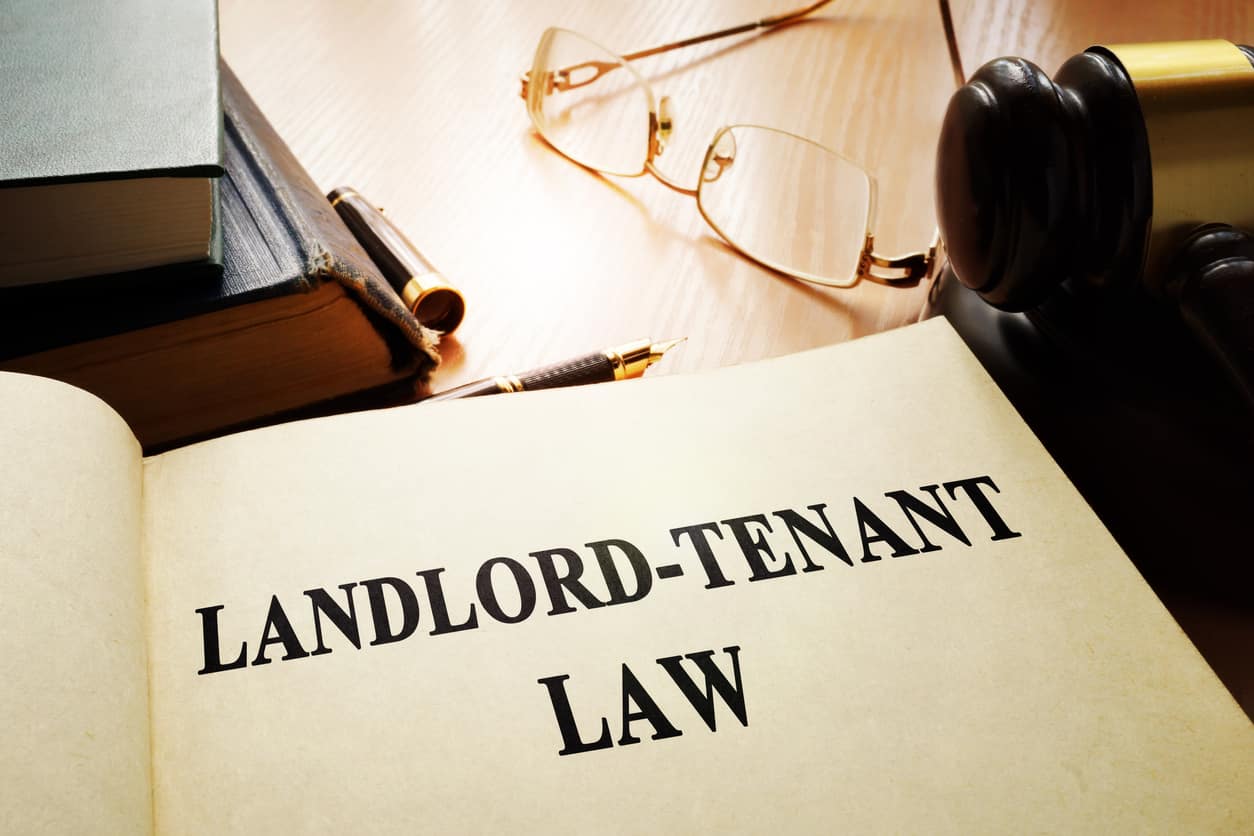In Texas, both landlords and tenants have rights under the law. That’s why it’s usually best to put the terms of your lease in writing, so that everything is as clear as possible. If problems do arise, you’ll be able to look to your lease to help resolve them.
Although some landlords prefer to not put the terms of a lease in writing, it is more common, and safer for both parties to do so. The law protects the following rights for tenants.
Peace and Quiet
In disputes with neighbors, your landlord can be your best ally. For example, if you are having problems with your neighbors or the tenants upstairs for example, your landlord can intervene and talk to them about their unacceptable behavior. If things get worse, the landlord may be able to evict the problem tenants, allowing you to enjoy peace and quiet in your home. And most likely, neighbors who are a problem for you, are a problem for your landlord.
A Safe Place to Live
Generally, your landlord cannot turn off the utilities, like gas, electric or water unless he is making repairs, doing construction or there is an emergency. In non-emergency situations, the landlord will let you know in advance when the repairs will take place so you can prepare.
Additionally, most landlords want to know when there is an unsafe condition on the property. Not only does it protect you, it protects your landlord from expensive litigation if you’re injured. Keeping the property in good and safe condition also improves the property’s value. If the condition is due to normal “wear and tear” your lease will state who is responsible for repairing it.
In the event the landlord refuses to repair any condition that affects your health or safety, you may have legal options in justice court. We can assist you if your landlord fails to make repairs or violates the terms of your lease.
Security and Fire Alarms
In most buildings, the Texas Property Code requires specific security devices, including:
Window latches
Keyed dead bolts on the outside doors
Security or locks on sliding doors
The landlord must provide smoke detectors as well. Additionally, the law also requires that you, as a tenant, do not disable or disconnect the smoke detector. You cannot waive your right to have one installed in your home or apartment. This is a safety feature that protects everyone in the building, not just your own family.
We Can Help if Your Landlord Won’t
If you’re unable to resolve disputes with your landlord, contact us to learn how we can help you. We’ve helped tenants resolve issues quickly and inexpensively in most cases. Contact us today to make an appointment.



